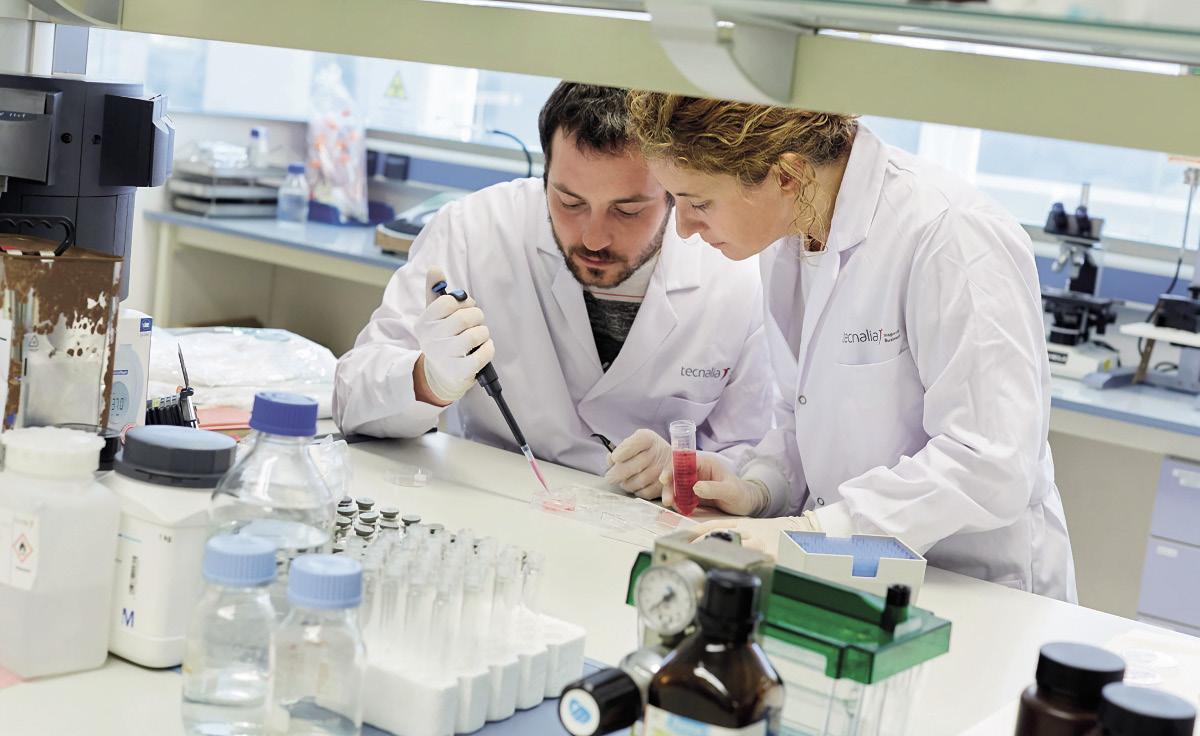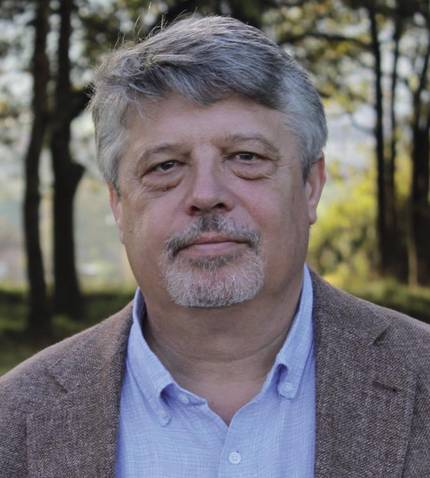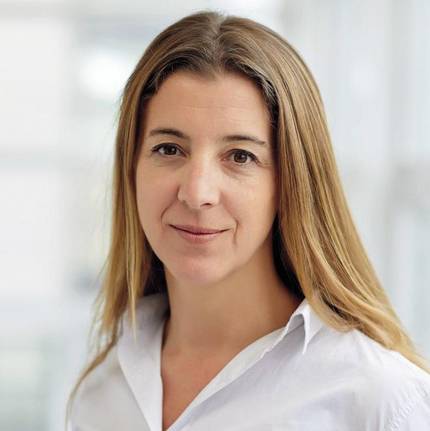Medical customization technologies
2021/09/01 Elhuyar Zientzia Iturria: Elhuyar aldizkaria

“To make precision medicine, the first step is to know what we are,” explains Jesús Jiménez Barbero, director of the CIC Biogune. “We are a group of genes, but our habits and the environment influence our biochemical mechanisms. We are therefore the sum of our genetic ingredients, our lifestyle and our environment. And we have to try to get all this information."
In this regard, the CIC Biogune has an ambitious project to collect the fullest possible information from 10,000 people of the CAPV. Different studies are conducted from serum and urine samples from donors: genes, proteins and, in particular, metabolome, a set of small molecules, metabolites, which are formed as a consequence of metabolism. It is analyzed by the nuclear magnetic resonance of the CIC Biogune. It has one of the few laboratories in the world with the capacity to conduct such studies.
They want to know how we are at this molecular level to know how lifestyle habits, diet, disease, drugs, etc. influence our metabolism. And to prevent disease: “We can achieve a great predictive capacity if we are able to detect molecules that indicate that something does not work well, that is, biomarkers,” explains Jiménez. CIC Biogune biomarkers are looking for biomarkers for the diagnosis and prognosis of diseases such as metabolic syndrome, covid-19 and some cancers.
“You can study the genome, proteins, metabolites, microbiome, etc. And all this generates data and data,” explains Jiménez. “We must be able to collect and sort all this data. To do so, informatics and artificial intelligence are essential to obtain information from the collected data”.
Experts in digital technologies and large data series management technologies. They analyze medical data and use artificial intelligence to learn from this data. One of its specialties is the processing of medical images. The application of artificial intelligence is helping physicians in the diagnosis and treatment of diseases such as breast cancer.
Tecnalia is developing in vitro and in vivo diagnostic platforms. In the first case, for example, we are working on devices like an on-chip lab. These are portable devices that allow in situ diagnosis. “We all know about pregnancy tests or glucose, but there are many biomarkers that have not been taken to these devices,” explains Dr. Nerea Briz Iceta, director of the Tecnalia Biomaterials Group. Put on a chip all the bioanalytical test that's done in a lab. “Some diseases can be used to monitor at home or to make diagnoses easily and quickly in the medical office, without having to take the samples to the laboratory.”
They also create diagnostic tools for labs. “We make advanced culture plates, introducing electrostimulation, etc., to bring cells closer to body conditions by growing in the laboratory,” explains Briz. “We look for more personalized laboratory diagnostics. For example, if you are going to take a medicine, be able to test in the laboratory what medicine is best for you.”
As for in vivo diagnosis, devices that analyze the skin are being developed. “By iontophoresis we analyze the analytes that interest us,” explains Briz. For example, they have developed a device to monitor lithium level in people going to take lithium, in collaboration with EVERIS-NTT Group, Osakidetza and BIOEF. This technology is also being applied to measuring fatigue and stress in people in emergency services. “We measure sodium and lactate, for example, and so, in place and at the time, we can know how a fireman is.”
Briz underlines the need for multiple disciplines to develop such platforms: “It requires knowledge of biomedicine and biochemistry, bioanalytical tests, materials engineering, microfabrication techniques, electronic engineering, device development… We are in constant collaboration with other members of BRTA, UPV and other centers and companies around it. We are very clear that collaboration among all is essential.”
“Undoubtedly, the future of medicine is personalized medicine,” says Jiménez, which encompasses everything: it incorporates new tools and technologies to all the knowledge acquired so far.” And it underlines the capacity for anticipation. “If we are able to predict effectively, health spending can be reduced and we will have a better society. Briz also agrees: “Of course, this is the future of medicine and here we are on the right path, we have ingredients to succeed.”

Gai honi buruzko eduki gehiago
Elhuyarrek garatutako teknologia







